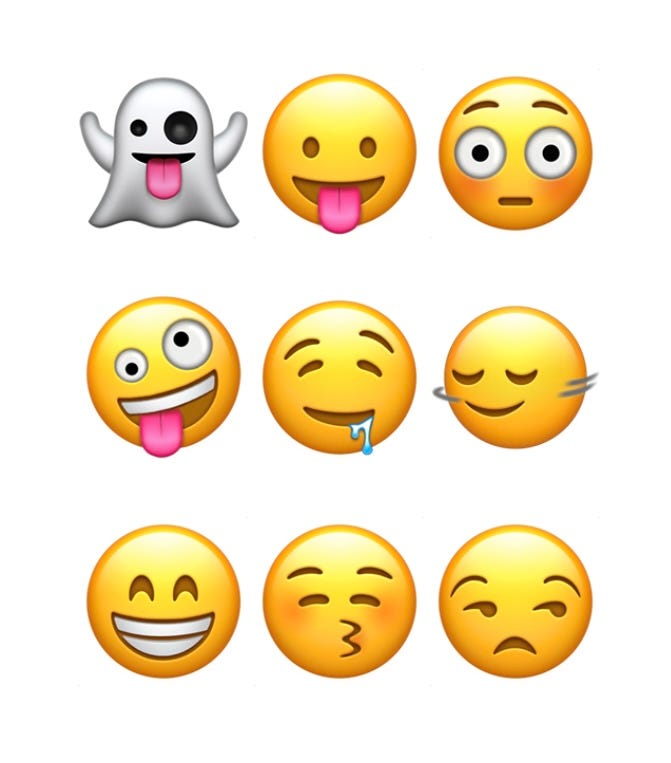Funday.
Sun.21.Jul.24.
Hello again! Wow! Two weeks done, just so, braps, mo’ fast than a sack of aloo dropping from you’ hands.
Oops-ooops, sorry-sorry, my apologies, I shouldn’t utter that word in proper people’s presence. I don’t want you to cringe as if I’d entered your home with cow-poo on my shoes.
Y’see, some folk in my lovely native land, upon hearing this musical-sounding word, aloo, cringe with more shame than if they’d been caught stealing neighbour’s laundry on the line. It’s unfortunate that, as educated (I use this word loosely) and as civilised (I use this word loosely too) as we’ve become, some of us are not aware that aloo is Hindi for potato, that our ancestors had lugged this bit of language all the way from India. Seems like we’ve put away pride in history and endless books about hardy folk crossing the kala pani…the black water…from India to Guyana. We have evolved. Aloo is now poked under a shelf lower than the lowest level of Creolese, hidden like the old-fashioned clothes you forgot to throw away, and don’t want your trendy friends to see.
Creolese, at least, serves a wonderful purpose. It wrings peals of laughter from us, the playful citizens of GY (Guyana). Here’s a good example: B is for Batty, bee-tee or bamsie, that is to say, bum, butt, bAhind. Hahahahaha. Hear that? Peals of laughter across the GY internet! Batty is too irresistibly funny, hahaha, and B is also for Buckta…briefs, men’s underwear which does cover de Batty. I think Bukta is a British brand of men’s briefs. (See what I did there like a proper wanna-be linguist? I’ve discovered the root of a word that’s been popular in GY.)
Thank goodness, wearing Bukta or not, Jan Carew, brilliant writer from the olden days, used Creolese to give us stirring lyrical prose.
Sad to say, quite a few GY people are missing out on Jan Carew’s delicious prose because they aren’t into books. Most of the people not reading nowadays belong to the TikTok crew; they’re busy learning Creolese Alphabet online. I don’t know why it’s taking them so long, the same words pop up online year after year. Maybe the words fly by onscreen before viewers can count the seconds, I don’t know, I’m not on TikTok.
Anyway, m’dear, that’s the way the wind blows. Words we once loved will go, others will last a little longer though. Want to have some fun with them?
Here, choose the correct emojis below for these 6 sentences (3 emojis don’t belong):
Look how that boy skinning he teeth…laughing, baring his teeth.
Jumbie gon hold you if you walk late in graveyard.
Food so sweet, I want to chatay the plate.
Always be humble, acting brigah will bring you to a fall.
Why you so bazodee, eh, you can never think straight or do anything right, you so stupidee.
She so hungry, when she smell the curry, water leh-leh run like spout from she mouth.
S’all for now, m’dear. See you again the Sunday after next, or join me on Facebook, Instagram, on Notes in Substack, on Twitter…sorry, on X, and on Mastodon. I proper love to gyaff…talk! Take good care of you, luuuve, neena.



I love the way you use Creolese in your writing, Neena. It gives it such a lovely flavour.
OMG ah on de floor - dedin’ wid laff.
Lesson 1 -Conversion of Creolese to American.
If we want take the word ‘aloo’ from the bottom shelf and elevate it, you haf to make it sound English-fied — say it with an American accent. So it would be pronounced ‘ah-lew’.
‘Bukta’ becomes ‘bukter’
‘Batty’ becomes ‘baddee’ (unfortunately this could be confused with ‘baddee’, a villain in a book or film. But then again, language is known to have homophones/homographs.
This sly conversion of creolese can have multiple positive effects for the overseas Guyanese.
1. They can continue to use their lexicon in their everyday lives seamlessly and without interruption.
Two overseas Guyanese are at a crowded gym, for example. They’re both using the treadmills. One of them hops off and says to the other “I’m gonna go work on my baddee right now. Catch you layder.”
2. They can fit in to the American culture and feel relatively few bumps and without being looked at strangely.
If Neena is at work, for instance, and she brings an ‘aloo-roti’ for lunch. Her co-worker Bob, sees her eating this and asks “Hey, Neena! What inneresting bread! Whasit called?”
Neena can respond between chews, “Why Bob, it’s called ah-lew rodee? Have you never had this?”
Suddenly, Bob feels like *he* is the gauche one for never having heard of ‘ah-lew rodee’.
3. The Guyanese living overseas can elevate their language and consequently themselves by doing this. By continuing to use their creolese with a twinge of an American accent, they can make any non-Guyanese person think “Yikes!! This is a word I don’t know. I really need to read more.”
Xoxo thanks for posting this. It was fun, fuh troot.